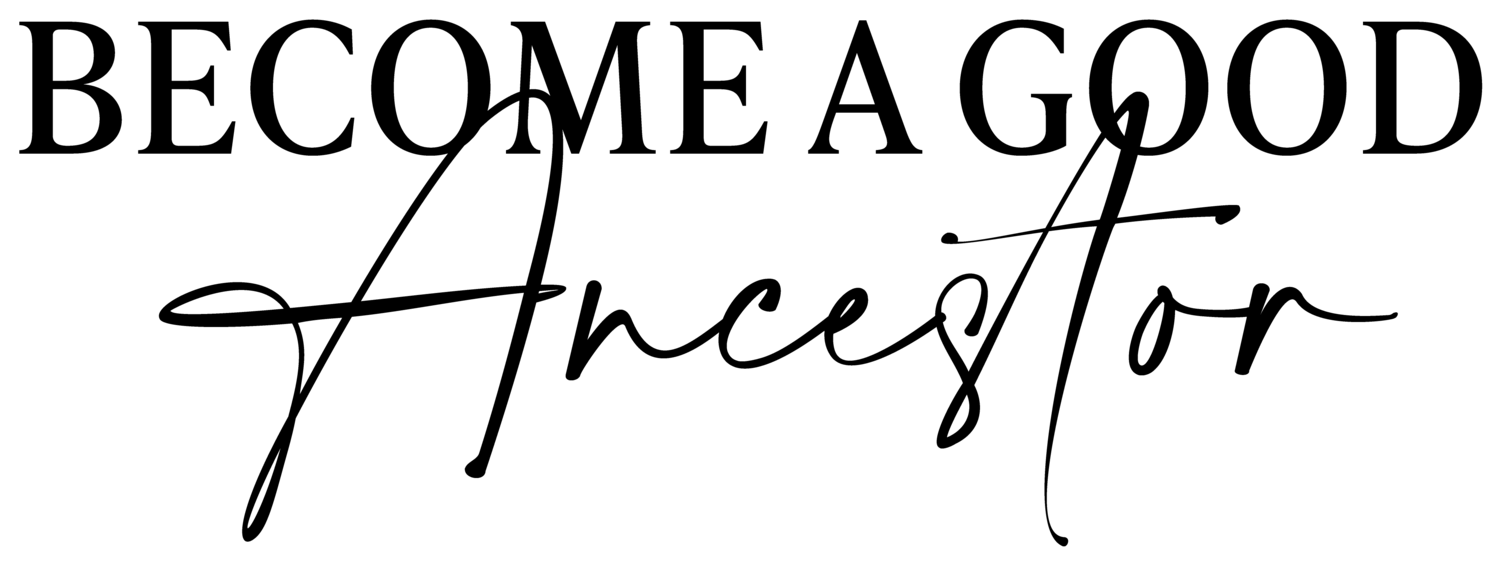Science-fiction shows us how to build a new world
In order to build a whole new world, we have to imagine whole new ways of thinking and being.
That’s why I love science fiction and fantasy books. Especially those written by Black authors.
I’m currently reading the third book in The Binti Series trilogy by Nnedi Okorafor. If you haven’t read these award-winning novellas yet, I highly recommend them!
These three short books tell the powerful story of Binti, a young Himba girl who becomes the first in her tribe to secure a place at the most prestigious university in the galaxy.
Against her family’s wishes and her culture’s customs, she leaves her home and embarks on an interstellar adventure that quickly becomes deadly due to intergalactic warfare and historical oppression.
In order to survive and help create peace, she has to use her talent for mathematics, her aptitude for astrolabes, and her courage to do what others will not.
In other words, she uses what she loves, what she knows, and what she believes to be a changemaker.
It’s not easy to be a changemaker though.
Binti knows it. I know it. You know it.
Systems of Supremacy (or SOS) are purposely designed to make it hard for us to change the world.
Also called systems of oppression, or white supremacist capitalist patriarchy (h/t bell hooks), SOS is every “-ism” that renders some groups and some identities as superior to, and supreme over, others.
In the Binti trilogy we see these play out with the Khoush people believing they are superior to the Himba people. And the Himba believing they are superior to the Enyi Zinariya people. And through society reflecting these beliefs through systemic oppression.
In our world we see it play out as Audre Lorde’s description of the ‘mythical norm’. That is people who are ‘white, thin, male, young, heterosexual, Christian, and financially secure’ being privileged and having systemic power over all others.
As I write about in Me and White Supremacy, SOS like white supremacy are not just the most extreme examples of superiority, violence, and dehumanisation. But they are what we know as normal, true, and right.
Except none of it is normal, true, or right.
Which is why we have to imagine new ways of thinking and being that better reflect our shared humanity.
This is what it means to be a good ancestor.
It’s to leave a legacy of liberation behind that is greater than the history of oppression we have inherited.
It’s to say that though these oppressive ways of being may have been the norm before, they were never normal.
It’s to establish new norms. A new normal.
Ultimately, it’s to build a new world by dismantling the systems that divide us, and building the communities that nurture us.
And that all that starts with our willingness to imagine that:
A new world is possible, and
Each of us has a role to play in co-creating it.
Without these two necessary ingredients, nothing changes.
We can keep reading books like Binti or watching movies like Avatar, but we can’t relate it to what’s happening now.
On this planet. In our lifetime.
But if we want a world free of SOS, we have to be the ones to build it.
Sci-fi and fantasy stories are not just fictional escapism. They are #GoodAncestor guide books.
(Especially those by BIPOC authors who write through an anti-oppressive liberatory lens).
They reflect paradigms of supremacy, oppression, and domination that match up with our own violent human history
But they also expand our imaginations for what culture and community can look like when they’re not steeped in SOS (side note: often reflecting indigenous and pre-colonial ways of thinking and being).
And, they remind us that changemakers are rarely the ones who see themselves as the hero of the story.
But they are the ones who become it.
Because they use what they love, what they know, and what they believe to build a better world.
Binti did it. So can we.
To our healing + liberation,
Layla
